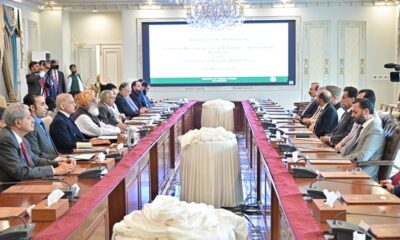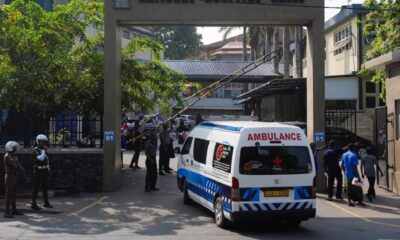Latest News
Afghanistan, Iran to sign agreement for comprehensive cooperation: sources
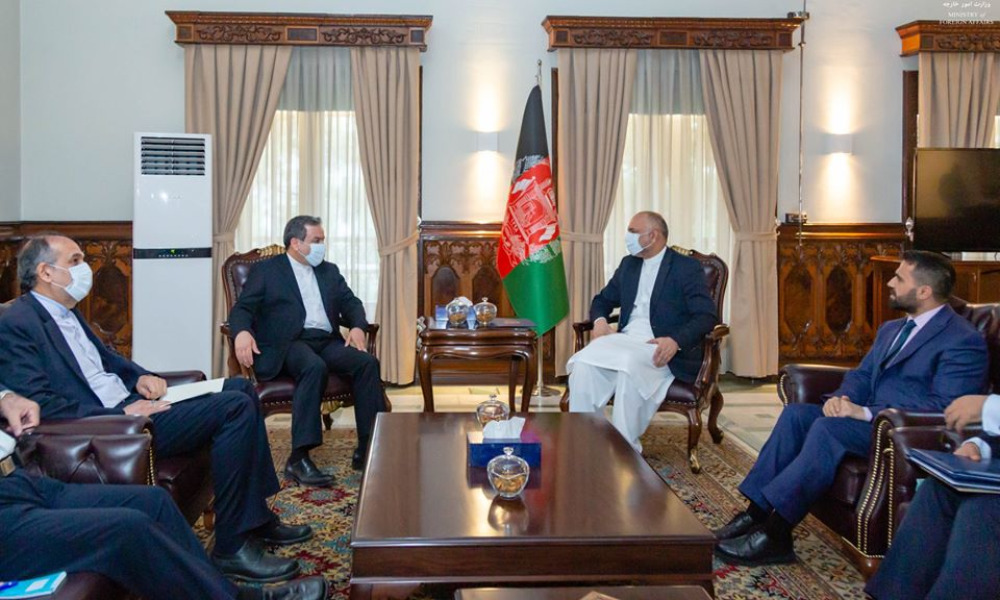
A document for “comprehensive cooperation” between Afghanistan and Iran would be signed during the next three months, sources said.
Sources told Ariana News that based on the document, Iran will cooperate with Afghanistan in the economic, cultural, educational, and security sectors; in exchange, Iran wants Afghanistan to back down from its stance about Helmand water.
Have Kabul and Tehran reached an agreement on Helmand water?
According to some sources, based on a comprehensive document to be signed between Kabul and Tehran in the coming months, the Afghan government will cut its position on the waters of Hamun and Helmand, and in return, Iran will cooperate with Afghanistan into economic, cultural and security fields.
Ali Ahmad Osmani, a former energy and water minister, said: “The downstream country that claims to own the litigation must prove that it has the right. When it is possible to prove it, they have used this water for years. If it fails to prove it, the job is done.”
But what is the comprehensive document?
The document includes five committees, including the Water Committee, the Immigrant Affairs Committee, the Cultural Committee, the Security Committee, and the Economy and Transit Committee.
Afghanistan and Iran began talks on signing the document several years ago, when Hanif Atmar was a National Security Council adviser, and now, with Mr. Atmar at the Foreign Affairs Minister, the document is expected to be finalized in less than three months.
“Water must be transformed from a matter of conflict to a matter of cooperation between the two countries. It is not right for people on one side of the border to be thirsty and the other side to be irrigated,” said Abbas Iraqchi, Iran’s deputy foreign minister.
Ministry of Foreign Affairs declined to comment on the matter, but the ministry expects the signing of the document to end the water dispute between the two countries.
Latest News
KP Chief Minister says inclusive Pakistani delegation needs to visit Afghanistan for talks
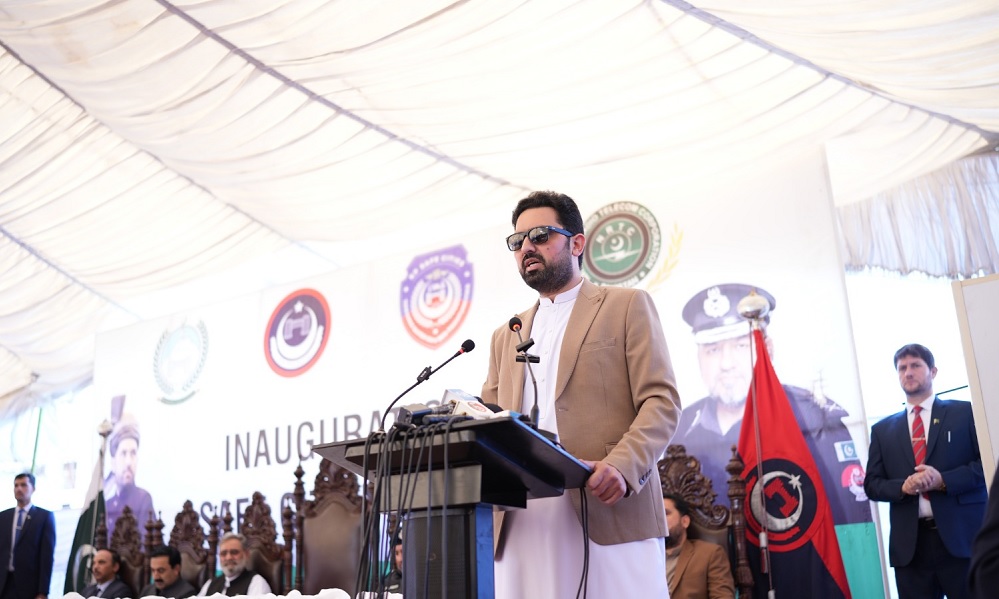
Sohail Afridi, Chief Minister of Khyber Pakhtunkhwa, has called for an inclusive Pakistani delegation to travel to Afghanistan to engage with the Islamic Emirate authorities.
Speaking at a project inauguration in Peshawar on Wednesday, Afridi said the delegation should comprise provincial and federal officials, religious scholars, and tribal elders.
“In our view, such a jirga will be effective, and if an inclusive delegation visits Afghanistan, the situation is likely to improve,” he added.
Islamabad has repeatedly claimed that militants operate from Afghan territory to carry out attacks in Pakistan. The Islamic Emirate, however, has rejected these allegations, stating that Afghanistan is not responsible for Pakistan’s “security failures.”
Latest News
Pakistan’s Fazlur Rehman calls for Afghan dialogue during PM Sharif briefing

Pakistan’s Prime Minister Shehbaz Sharif on Wednesday briefed leaders of various parliamentary parties on the ongoing crisis in Iran and Pakistan’s military conflict with Afghanistan, according to a statement from the Prime Minister’s Office.
During the meeting, Sharif updated political leaders on the regional security situation and Pakistan’s diplomatic outreach amid rising tensions following recent US-Israeli strikes on Iran and instability across the region. He stressed that easing tensions between Iran and Gulf countries remains a key diplomatic priority.
“Participants emphasized the need for national unity, consensus and cohesion in the current circumstances,” the Prime Minister’s Office (PMO) said in a statement.
During the meeting, Maulana Fazlur Rehman, leader of the Jamiat Ulema-e-Islam-Fazal (JUI-F), proposed that the government extend the briefing to include all political parties to ensure broader consensus on key national issues, particularly regarding Pakistan’s foreign relations with Iran, Afghanistan, and the Middle East. Pakistan Tehreek-e-Insaf (PTI) opted to skip the briefing
“Dialogue is the key to resolving tensions in Afghanistan and with our neighbours,” Rehman remarked, advocating for a stronger emphasis on diplomacy with both regional powers and neighbouring countries.
Latest News
Afghan consulate in Bonn resumes passport services after IEA takeover

The Afghan Consulate in Bonn, Germany, has announced the resumption of passport issuance and distribution for Afghan citizens after a prolonged delay, following the transfer of the consulate’s management and affairs to the Islamic Emirate of Afghanistan.
According to the consulate, around 4,000 passports are currently in the process of being printed and will soon be finalized and distributed to applicants.
-
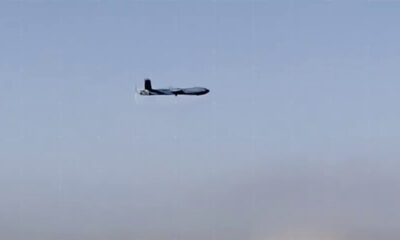
 Latest News3 days ago
Latest News3 days agoAfghan air force strikes key Pakistani military installations in retaliatory operation
-
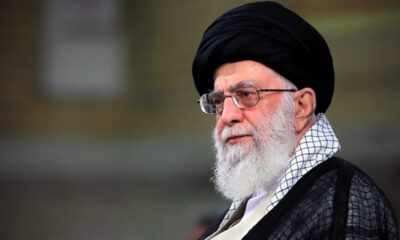
 World4 days ago
World4 days agoUS lawmakers, world leaders react to death of Ayatollah Ali Khamenei after Iran strikes
-
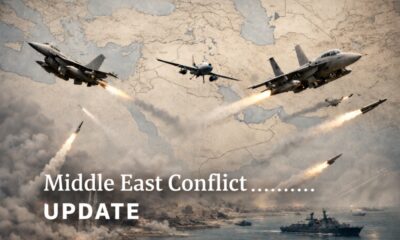
 Regional3 days ago
Regional3 days agoMiddle East conflict intensifies; UK base in Cyprus targeted
-
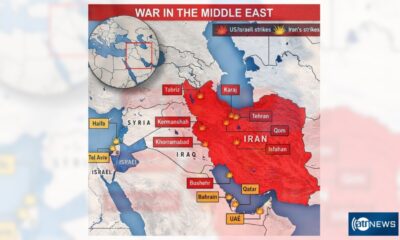
 Regional4 days ago
Regional4 days agoIran launches widespread drone and missile strikes on Gulf states amid US-Israeli attacks
-
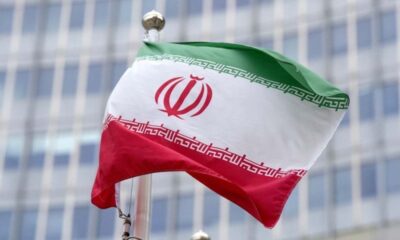
 Regional4 days ago
Regional4 days agoIran to form interim leadership council as officials vow retaliation after Ayatollah’s death
-
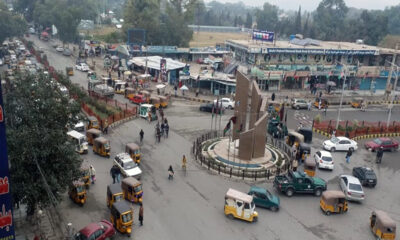
 Latest News4 days ago
Latest News4 days agoPakistan’s night strikes hit residential areas in Afghanistan, civilian casualties reported
-

 Regional3 days ago
Regional3 days agoAyatollah’s wife dies from injuries sustained in airstrike on Tehran residence
-

 International Sports4 days ago
International Sports4 days agoFIFA calls for ‘all teams to participate’ in 2026 World Cup amid US–Iran conflict






